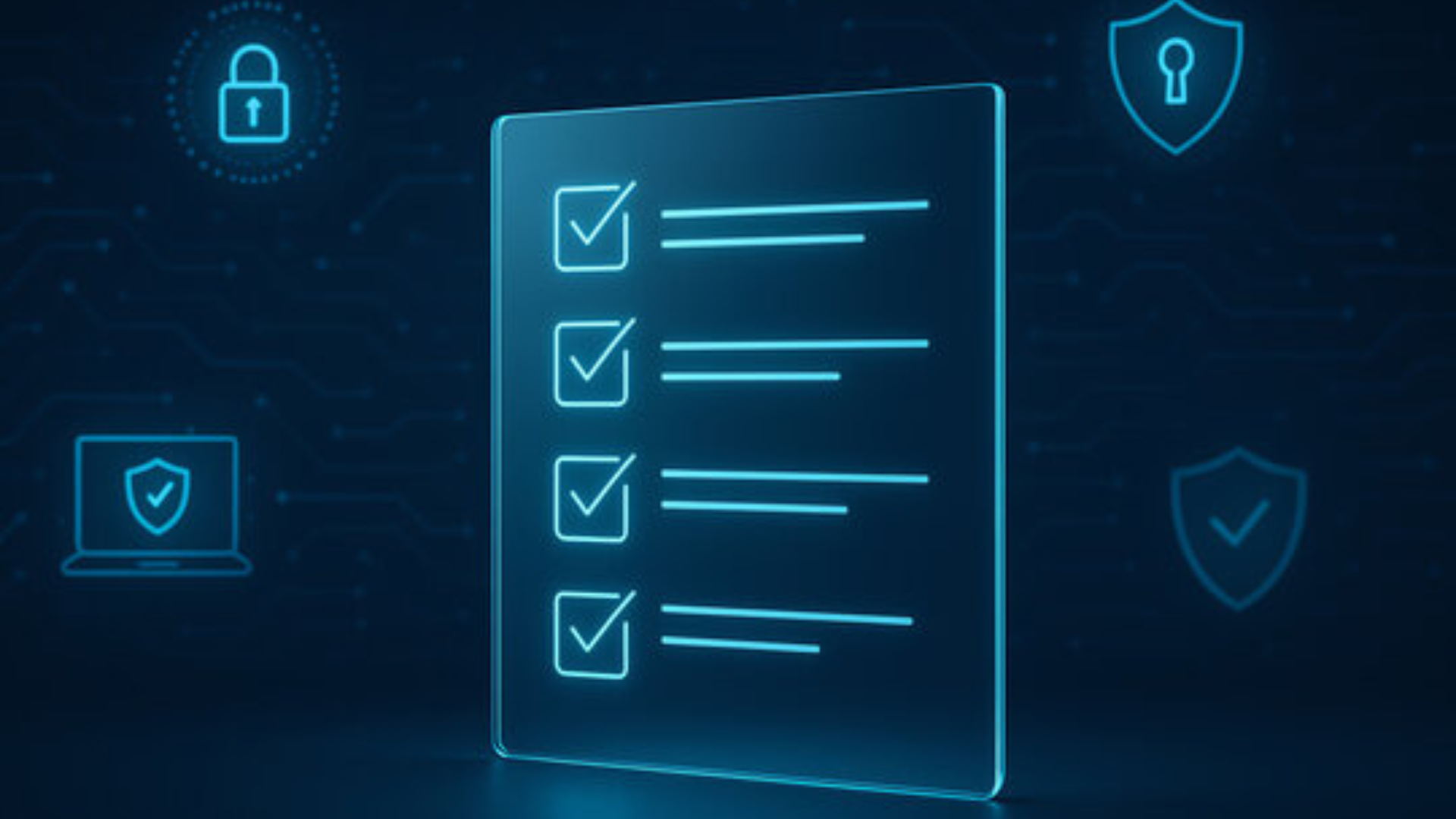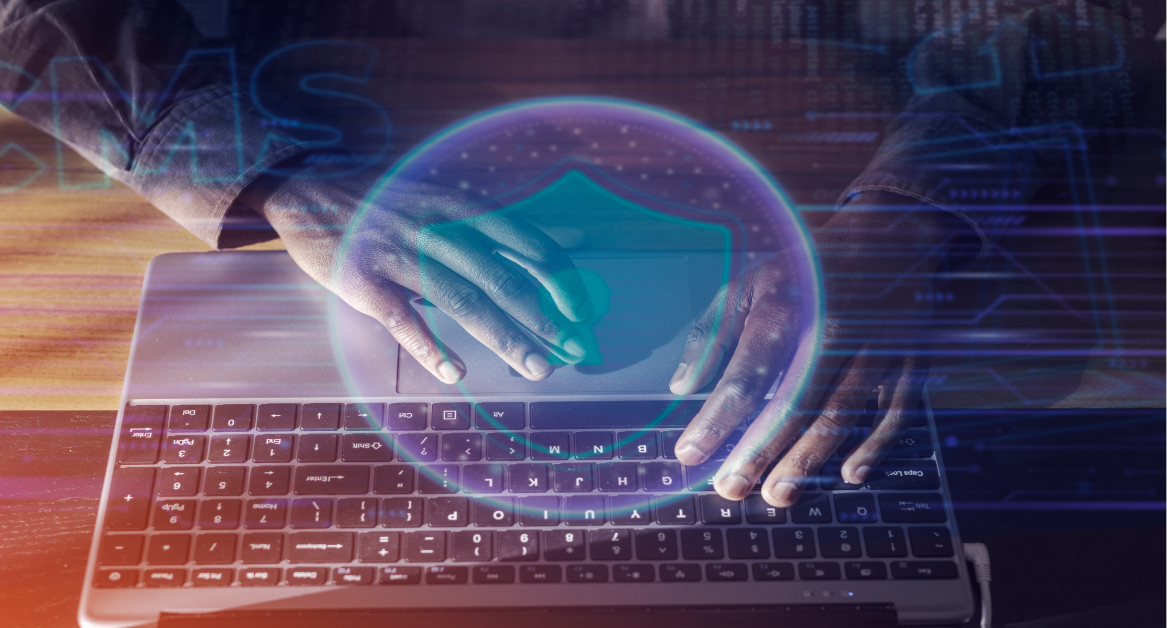As technology advances, so do the techniques employed by cybercriminals. To match with them, IT professionals, CEOs, founders, and CIOs must arm themselves with IT knowledge. One of the most effective ways to do this is by delving into the world of cybersecurity books.
These books serve as invaluable resources, offering insights into the art of exploitation, practical malware analysis, risk assessment, Metasploit, and more. They provide a concrete step in information security, making them essential reading for anyone serious about safeguarding their organization’s digital assets.
Whether you’re a seasoned cybersecurity expert or just starting on your journey, these 30 books will equip you with the knowledge and skills needed to protect your organization from cyber threats.
Books on network security essentials

Network Security Essentials
✍️ by William Stallings
William Stallings, a renowned expert in the field of computer security, presents an authoritative guide to network security essentials. This book serves as an ideal starting point for those looking to build a solid foundation in cybersecurity. Stallings provides a clear and concise overview of key concepts, making it accessible to both beginners and experienced professionals.
Network Security: Private Communication in a Public World
✍️ by Charlie Kaufman
Charlie Kaufman’s book explores the intricacies of network security in a world where communication is anything but private. It delves into the challenges of securing information in a public digital environment, offering valuable insights into encryption, authentication, and network protocols. Kaufman’s expertise shines through in this comprehensive and well-structured guide.
Books on advanced network security topics
Firewalls and Internet Security: Repelling the Wily Hacker
✍️ by William R. Cheswick
When it comes to advanced network security, William R. Cheswick’s book is a classic. It delves into the intricacies of firewalls and internet security, providing in-depth knowledge on how to repel even the most wily hackers. Cheswick’s real-world examples and practical advice make this book an indispensable resource for those seeking to fortify their organization’s digital defenses.
Practical Packet Analysis: Using Wireshark to Solve Real-World Network Problems
✍️ by Chris Sanders
In today’s digital landscape, understanding network traffic is crucial for identifying and mitigating security threats. Chris Sanders’ book offers a hands-on approach to packet analysis using the popular tool Wireshark. By dissecting real-world network problems, this book equips readers with practical skills to analyze and secure their networks effectively.
Books on threat intelligence and cyber threat hunting
The Threat Hunter’s Handbook: Using Log Analytics to Find and Neutralize Hidden Threats
✍️ by Aditya Sood and Harlan Carvey
For those seeking to proactively hunt down cyber threats, “The Threat Hunter’s Handbook” by Aditya Sood and Harlan Carvey is an invaluable resource. It dives into the world of threat hunting, offering practical techniques and methodologies for detecting and preventing advanced threats. With real-world examples and expert guidance, this book equips readers with the skills needed to become effective threat hunters.
Hunting Cyber Criminals: A Hacker’s Guide to Online Intelligence Gathering Tools and Techniques
✍️ by Vinny Troia
Vinny Troia’s book takes a unique approach to threat intelligence by offering a hacker’s perspective. It provides an insider’s view of online intelligence-gathering tools and techniques used by cybercriminals. By understanding the tactics employed by hackers, readers gain valuable insights into how to defend against cyber threats. Troia’s book is an eye-opening journey into the world of cyber intelligence.
Books on cryptography and encryption
Cryptography and Network Security: Principles and Practice
✍️ by William Stallings
Cryptography is the cornerstone of cybersecurity, and William Stallings’ book is a comprehensive guide to the principles and practice of cryptography. It covers essential topics such as encryption algorithms, cryptographic protocols, and network security. Stallings’ expertise in the field shines through, making this book a trusted reference for those looking to master cryptography.
Understanding Cryptography: A Textbook for Students and Practitioners
✍️ by Christof Paar and Jan Pelzl
Christof Paar and Jan Pelzl’s book is designed as a textbook for both students and practitioners. It offers a deep dive into the world of cryptography, providing a solid foundation in cryptographic concepts and techniques. With a focus on understanding the math behind cryptography, this book equips readers with the knowledge needed to implement secure encryption solutions.
Applied Cryptography: Protocols, Algorithms, and Source Code in C
✍️ by Bruce Schneier
Bruce Schneier’s “Applied Cryptography” is a classic in the field. It not only explains cryptographic algorithms but also provides actual source code in C. This hands-on approach allows readers to implement cryptographic solutions and gain a practical understanding of encryption. Schneier’s book is a timeless resource for anyone serious about cryptography.
Cryptography Apocalypse: Preparing for the Day When Quantum Computing Breaks Today’s Crypto
✍️ by Roger A. Grimes
As quantum computing advances, the security of traditional cryptographic methods is under threat. Roger A. Grimes’ book addresses this looming challenge by exploring the impact of quantum computing on cryptography. It provides insights into post-quantum cryptography and how to prepare for the day when today’s crypto is no longer secure.
Books on secure coding and application security
The Web Application Hacker’s Handbook: Finding and Exploiting Security Flaws
✍️ by Dafydd Stuttard and Marcus Pinto
In the world of cybersecurity, web applications are a common target for attacks. Dafydd Stuttard and Marcus Pinto’s book is an indispensable resource for those looking to secure web applications. It takes a hands-on approach to identifying and mitigating security flaws, making it an essential guide for developers and security professionals.
Secure Coding in C and C++
✍️ by Robert C. Seacord
For developers working with C and C++, secure coding is paramount. Robert C. Seacord’s book provides a comprehensive guide to writing secure code in these languages. It covers best practices, common vulnerabilities, and practical techniques for securing software. Seacord’s expertise in secure coding shines through, making this book a must-read for developers.
OWASP Top Ten: The Ten Most Critical Web Application Security Risks
✍️ by The OWASP Foundation
The Open Web Application Security Project (OWASP) is a trusted authority in web application security. Their book, “OWASP Top Ten,” identifies and explores the ten most critical web application security risks. It provides actionable insights and guidance on how to mitigate these risks, making it an essential resource for anyone involved in web application development and security.
Secure Programming with Static Analysis
✍️ by Brian Chess and Jacob West
Brian Chess and Jacob West’s book introduces the concept of static analysis in secure programming. It offers practical guidance on how to use static analysis tools to identify and fix security vulnerabilities in code. This book is a valuable resource for developers and security professionals looking to proactively address security issues in software.
Books on incident response and digital forensics
Incident Response & Computer Forensics
✍️ by Jason T. Luttgens, Matthew Pepe, and Kevin Mandia
In the realm of incident response and digital forensics, Jason T. Luttgens, Matthew Pepe, and Kevin Mandia’s book stands out as an essential guide. It provides a comprehensive approach to handling cybersecurity incidents and conducting digital forensics investigations.
Whether you’re responding to a breach or proactively preparing for one, this book equips you with the knowledge and techniques needed to navigate the intricate world of incident response and digital forensics.
Blue Team Field Manual (BTFM)
✍️ by Alan J. White and Ben Clark
When it comes to blue teaming, or defending against cyber threats, Alan J. White and Ben Clark’s “Blue Team Field Manual” is a handy companion. This concise and practical guide offers quick-reference information and checklists for blue team activities. It’s an indispensable resource for security professionals tasked with protecting their organizations’ assets.
Digital Forensics and Incident Response: A Practical Guide to Deploying Digital Forensics
✍️ by Gerard Johansen
Gerard Johansen’s book provides a practical guide to deploying digital forensics and incident response in a real-world context. It covers everything from the detection process in cybersecurity analysis to evidence capture and legal actions. This book is an invaluable resource for those responsible for managing incidents and forensics investigations.
File System Forensic Analysis
✍️ by Brian Carrier
Brian Carrier’s “File System Forensic Analysis” is a must-read book for digital forensics. It focuses on the analysis of file systems, offering insights into file structure, data recovery, and evidence extraction. Carrier’s book is a comprehensive resource for forensic analysts and investigators looking to unearth the mysteries hidden within digital files.
Books on security management and compliance
CISSP All-in-One Exam Guide
✍️ by Shon Harris and Fernando Maymi
Certified Information Systems Security Professional (CISSP) is a coveted certification for security professionals. Shon Harris and Fernando Maymi’s “CISSP All-in-One Exam Guide” is the go-to resource for preparing for the CISSP exam.
Beyond exam preparation, it covers essential topics in security management, making it a valuable reference for those in leadership roles.
Information Security Management Principles
✍️ by David Alexander, Amanda Finch, Andy Taylor, and David Sutton
David Alexander and Amanda Finch’s book provides a comprehensive overview of information security management principles. It covers the fundamentals of information security governance, IT risk management, and compliance. This book is an essential read for those looking to establish and maintain effective information security management practices within their organizations.
IT Governance: How Top Performers Manage IT Decision Rights for Superior Results
✍️ by Peter Weill and Jeanne Ross
Effective IT governance is essential for managing information security and decision-making. Peter Weill and Jeanne Ross’ book delves into the strategies and practices of top-performing organizations in managing IT decision rights. It offers valuable insights into how to align IT with business objectives, optimize decision-making processes, and achieve superior results.
NIST Special Publication 800-53
The National Institute of Standards and Technology (NIST) is a trusted source for cybersecurity guidelines and standards. NIST Special Publication 800-53 provides a comprehensive set of security and privacy controls for information systems and organizations. It’s a crucial reference for organizations looking to implement robust security controls and ensure compliance with relevant regulations.
Books on emerging trends and the future of cybersecurity
Zero Trust Networks: Building Secure Systems in Untrusted Networks
✍️ by Evan Gilman and Doug Barth
In an age of increasing connectivity and remote work, the concept of zero-trust networks is gaining popularity. Evan Gilman and Doug Barth’s book explores the principles and practices of building secure systems in untrusted networks. It offers insights into the zero trust architecture and how to implement it effectively to protect your organization’s assets.
The Cybersecurity Dilemma: Hacking, Trust, and Fear Between Nations
✍️ by Ben Buchanan
Ben Buchanan’s book takes a geopolitical perspective on cybersecurity. It explores the complex relationships between nations in cyberspace, the dynamics of hacking, trust, and fear. Understanding the geopolitical aspects of cybersecurity is crucial for organizations operating in a global or remote context, making this book a thought-provoking read in this remote-first era.
4 honorable mentioned cyber security books
- Metasploit: The Penetration Tester’s Guide by David Kennedy, Jim O’Gorman, and Devon Kearns
- The CERT Guide to Insider Threats: How to Prevent, Detect, and Respond to Information Technology Crimes (Theft, Sabotage, Fraud) by Dawn M.Cappelli Andrew P.Moore
- Threat Modeling: Designing for Security by Adam Shostack
- Hacking The Art of Exploitation by Jon Erickson
Making your steps in cybersecurity
It’s clear that knowledge is a powerful weapon in the battle against cyber threats. Each of the books mentioned in this guide offers a unique perspective and valuable insights into different facets of cybersecurity.
However, it’s essential not only to gather knowledge but also to put it into action. Here, at Esevel, we believe cybersecurity is an ongoing effort of learning and protection. Not only did we provide you with the best solution there is to fortify your business growth, but we also provide you with the best insights and hottest news in the digital world. Make your concrete step in information security by connecting with us now!







